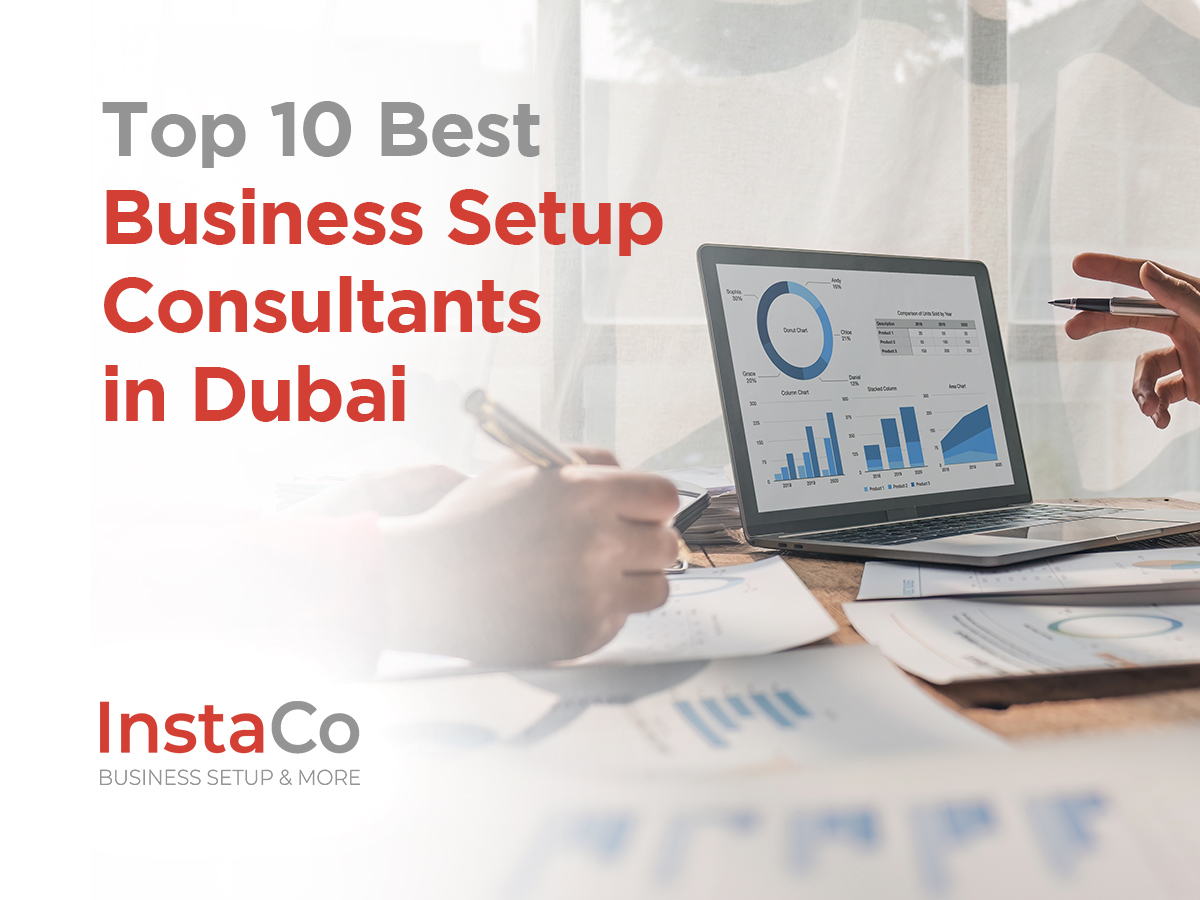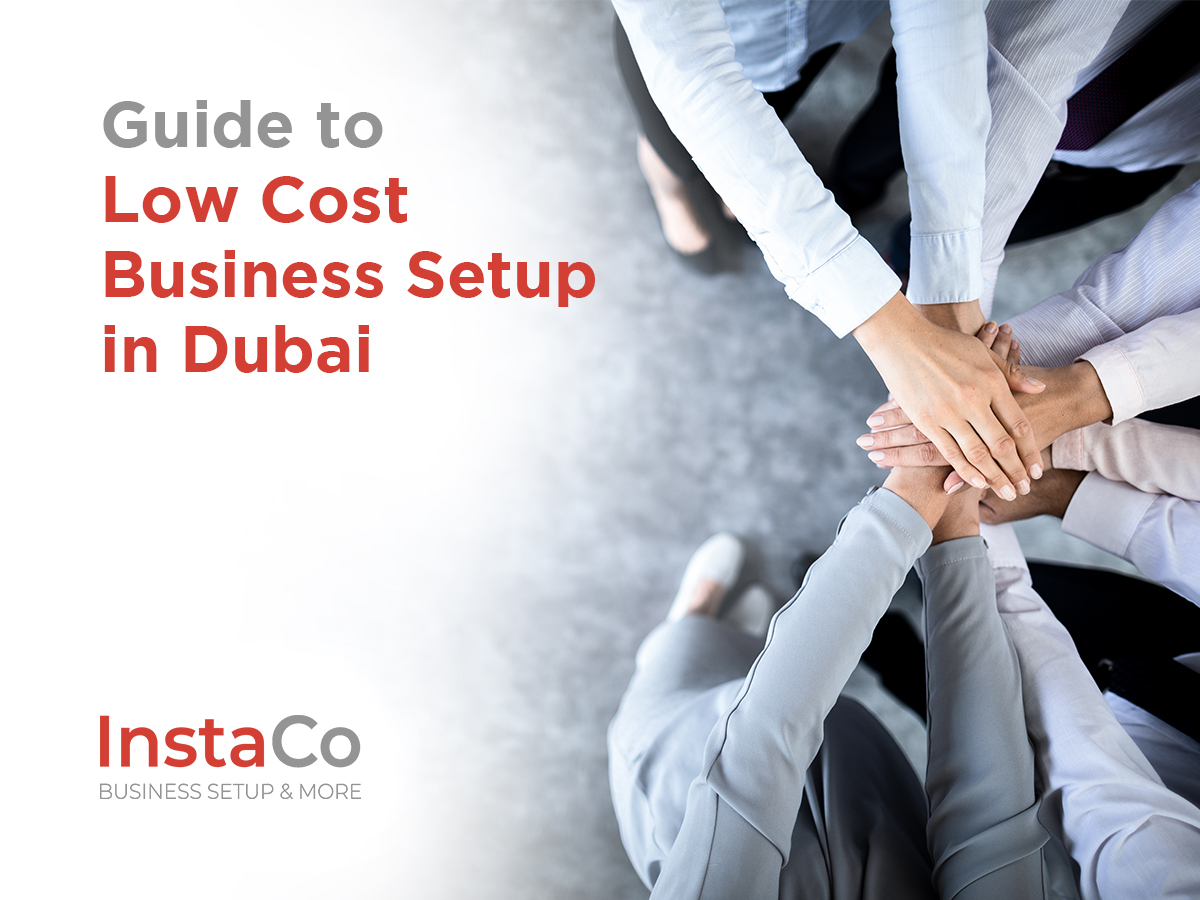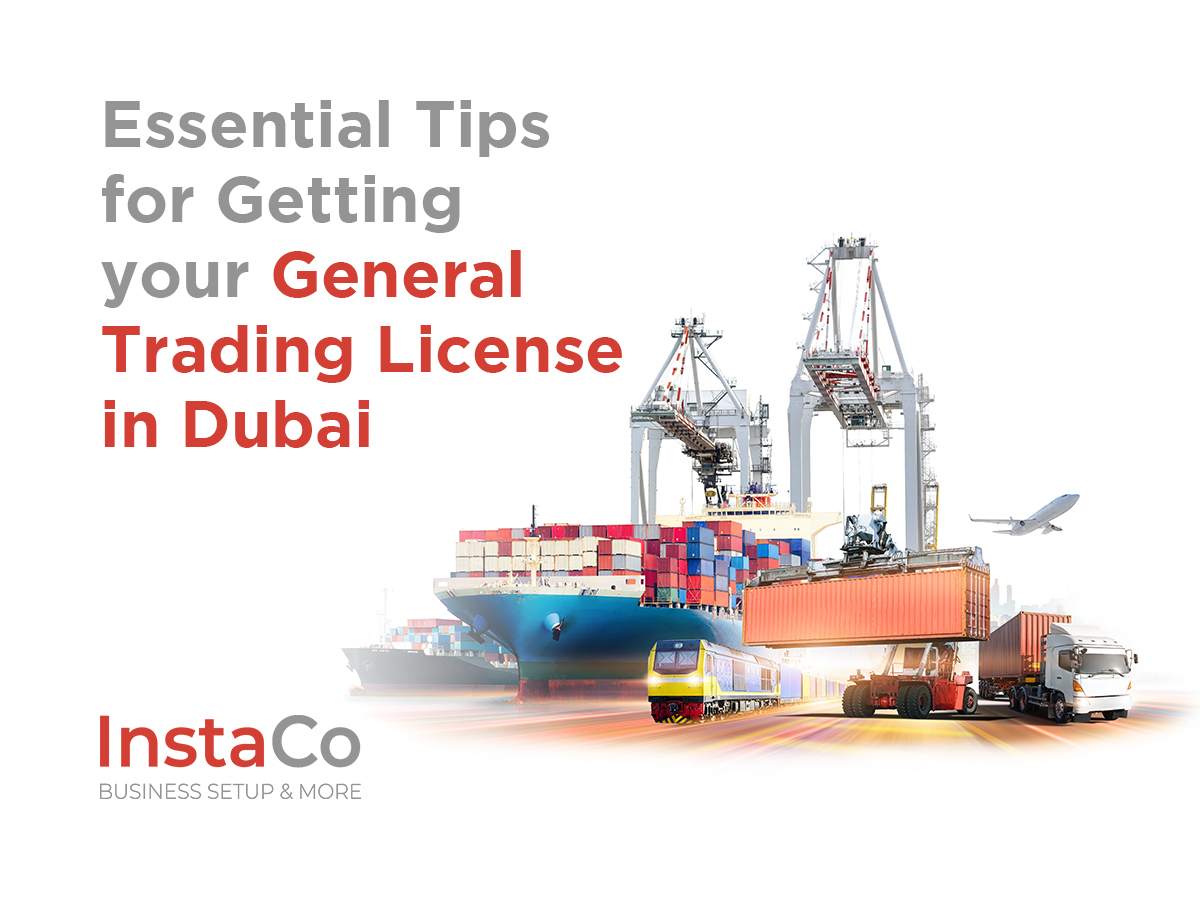Dubai is a global hub for commerce and entrepreneurship, making it an attractive destination for business setup. The Dubai Mainland, in particular, offers numerous advantages for entrepreneurs looking to establish their businesses.
In this guide, we will take you through the steps on how to start a business in Dubai Mainlnd, highlighting the benefits of mainland business setup in Dubai.
1. Understand the Concept of Dubai Mainland
Before getting into the business setup process, it’s essential to understand what a Dubai mainland license is. This legal document permits businesses to operate freely within the UAE and engage in various activities without the restrictions commonly found in free zones.
Unlike free zones, where businesses face limitations on trading outside the zone, a mainland license allows you to operate freely within the UAE and beyond. This flexibility makes it a preferred choice for many entrepreneurs looking to capitalize on the opportunities available in Dubai’s dynamic market.
Key Benefits of a Dubai Mainland License:
- Unlimited Business Activities: In contrast to free zones, there are no restrictions on the type of business activities you can pursue. This means you have the freedom to choose a variety of business sectors, ranging from retail and hospitality to consultancy and trading.
- Wider Market Reach: With a mainland license, you can trade with the local market and across the GCC (Gulf Cooperation Council) countries, enhancing your business opportunities and potential customer base.
- Government Contracts: A mainland license allows you to bid for government contracts, which can be highly lucrative and provide significant business growth.
2. Determine Your Business Activity
The initial step in your business setup process is identifying the nature of your business. Dubai offers diverse business activities, including retail, services, and industrial activities. You need to select an activity that aligns with your goals and aspirations.
Research Market Demand
Conduct market research to check the demand for your chosen business activity. This research will help you sharpen your business idea and ensure it aligns with the needs of your target audience. Utilize local market analysis reports and demographic studies available through the Dubai Statistics Center to gather valuable insights.
3. Choose a Business Name
Your business name is crucial for branding and recognition. When choosing a name, keep the following guidelines in mind:
- Reflect Your Business Activity: The name should provide insight into your business.
- Avoid Offensive Terms: Ensure the name does not contain offensive or inappropriate language. The DED has strict regulations regarding this.
- Check Availability: Verify that the name is not already in use. You can check this on the Department of Economic Development (DED) website.
Name Reservation
Once you have a name in mind, you can reserve it through the DED. This step is crucial as it protects your business name during the setup process.
Examples of Creative Business Names
Consider names that resonate with your business concept, such as:
- EcoWave: For a sustainable products company.
- TechnoSphere: For a tech consultancy firm.
- TasteBuds: For a food and beverage venture.
4. Choose the Right Business Structure
In Dubai Mainland, you can select from several business structures based on your needs:
- Sole Proprietorship: Owned by a single individual, this structure allows full control but requires a local sponsor who owns 51% of the business.
- Partnership: Involves more than two partners with shared responsibilities and profits. Make sure to clearly outline each partner’s contributions.
- Limited Liability Company (LLC): A popular option that limits liability to the amount invested in the business. Requires a local partner who holds 51% of the shares. This structure is ideal for businesses looking to minimize risk.
- Civil Company: Suitable for professional services (like medical or legal) where all partners are responsible for the business and have equal liability.
Each structure comes with its pros and cons, so choose one that aligns with your business goals. Consulting with a local business setup advisor, like InstaCo, can provide valuable insights into which structure best suits your needs.
5. Obtain Necessary Approvals
Before moving forward, you must obtain preliminary approvals from the relevant authorities. This includes approvals from the DED and other regulatory bodies specific to your business activity.
Steps to Follow:
- Submit Application: Complete the application for a business license on the DED website.
- Documentation: Provide required documents, including passport copies, proof of address, and your business plan.
- Initial Approval: Once your application has been reviewed, you will receive confirmation to move forward with the next steps.
Importance of Compliance
Ensure you comply with local regulations throughout this process to avoid delays in your business setup.
6. Draft a Memorandum of Association (MoA)
If you’re setting up an LLC, you must draft a Memorandum of Association (MoA) outlining the responsibilities and share distribution among partners. A local notary public must notarize this document.
Key Elements of MoA:
- Business Name: Your chosen business name.
- Business Activities: A detailed description of your business activities.
- Share Distribution: How shares will be divided among partners. This transparency helps prevent disputes later.
7. Rent an Office Space
Having a physical address is essential for your business license. You will need to secure an office space that meets the DED’s requirements. There are several options available, including:
- Flexi-Desks: Ideal for startups looking for minimal investment, providing a shared workspace environment.
- Traditional Offices: A dedicated space that reflects your brand and accommodates your team.
Tips for Choosing Office Space
- Location: Select a location that matches with your business strategy and target market.
- Size: Ensure the space is adequate for your current needs and has room for future growth.
- Facilities: Look for offices with necessary amenities like meeting rooms and high-speed internet.
8. Finalize Your Business License
Once you have secured your office space and completed all required documentation, you can apply for your business license. This involves submitting the following documents:
- MoA
- Tenancy Contract: Proof of your rented office space.
- Approval Certificates: From relevant authorities.
Processing Time
The processing time for a business license can vary from a few days to a couple of weeks. To avoid delays, ensure all documents are correctly submitted.
After submitting the application, the DED will process it and issue your Dubai mainland license.
9. Open a Business Bank Account
With your license in hand, you can open a business bank account in Dubai. This step is crucial for managing your finances effectively. Most banks require:
- A fully completed account application form.
- A signed director’s resolution approving the account opening.
- A copy of your passport and Emirates ID.
- Proof of residency visa (not required by all banks).
- Proof of residence address from your home country if you are not a UAE resident.Certified company documents, including share certificates, incorporation certificates, and association articles.
- A business plan and company profile.
- Bank statements for the last three to six months.
Choosing the Right Bank
Research various banks to identify one that provides the services and features that best meet your business needs. Consider factors like:
- Fees and Charges: Look for transparent fee structures.
- Services Offered: Ensure the bank provides the necessary services, such as online banking and credit facilities.
- Customer Support: Choose a bank with good customer service for any assistance.
10. Hire Employees and Register for VAT
If you plan to hire employees, comply with UAE labor laws. This includes:
Employment Contracts: Draft contracts outlining roles and responsibilities. Clear contracts help establish expectations and protect both parties.
Health Insurance: Mandatory for all employees in Dubai. This requirement ensures your employees have access to necessary healthcare services.
Additionally, if your annual turnover exceeds AED 375,000, you must register for VAT (Value Added Tax) with the Federal Tax Authority.
Understanding Employment Laws
Familiarize yourself with local employment laws regarding wages, working hours, and termination to ensure compliance.
11. Promote Your Business
Now that your business is running, it’s time to attract customers. Develop a marketing strategy that includes:
- Social Media Marketing: Utilize platforms like Instagram, Facebook, and LinkedIn to reach your target audience. Create engaging content that resonates with your brand identity.
- Website Development: Create a professional website showcasing your services or products. Ensure your website is optimized for search engines (SEO) to increase visibility.
- Networking Events: Attend local business events to build connections and gain visibility. Engaging with other entrepreneurs can lead to valuable partnerships.
Utilizing Online Marketing
Consider online advertising campaigns to target specific demographics and expand your reach.
12. Stay Compliant and Renew Your License
After successfully launching your business, ensure you comply with all local laws and regulations. This includes:
- Renewing Your Business License: Typically done annually. Set reminders to avoid lapses in your business operations.
- Keeping Financial Records: Maintain accurate financial records for tax and compliance purposes. Using accounting software can streamline this process.
- Adhering to Labour Laws: Stay updated on any changes to employment regulations. This helps prevent potential legal issues.
Continuous Improvement
Regularly assess your business operations and strategies to identify areas for improvement and growth.
Conclusion
Starting a business in Dubai Mainland can be a rewarding experience. By understanding the process and utilizing the benefits of mainland business setup in Dubai, you can position your business for success. With the proper planning, dedication, and compliance, your venture in Dubai can thrive in one of the world’s most dynamic markets.
For more information and assistance with business setup in Dubai Mainland, consider contacting professionals like InstaCo, who can guide you through every step of the process. With our expertise, you can navigate the complexities of establishing your business in Dubai with ease and confidence.









